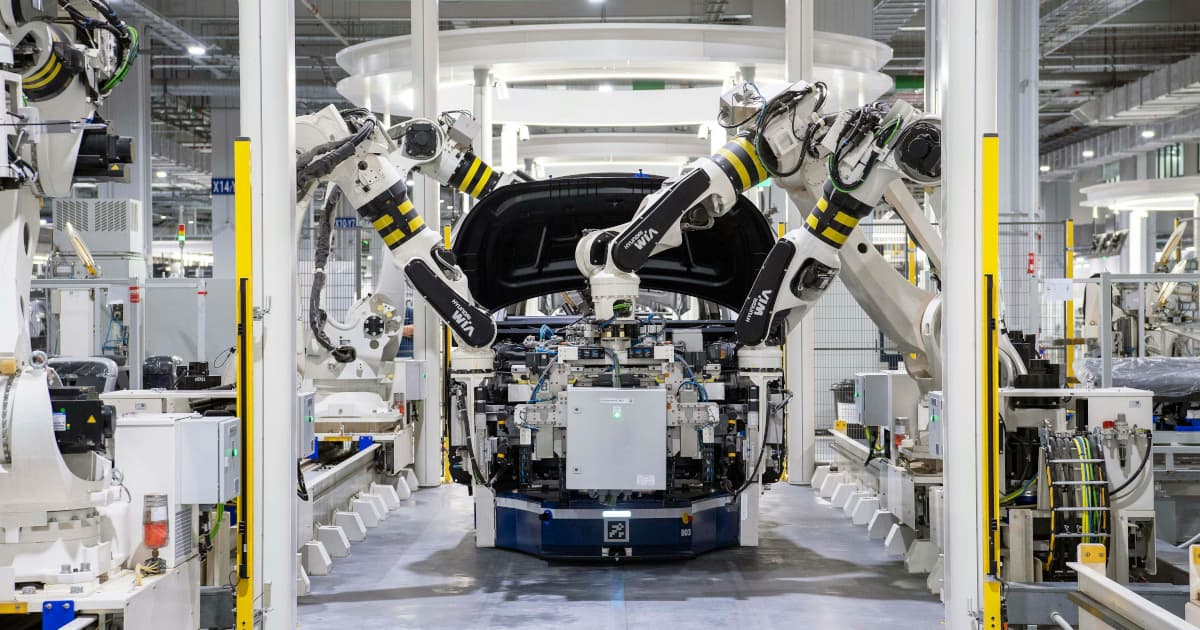Ucore Rare Metals Advances Domestic Rare Earth Supply Chain with RapidSX Technology Amid Chinese Export Restrictions
TL;DR
Ucore Rare Metals offers a strategic advantage by building a domestic rare-earth supply chain to bypass China's export restrictions and secure critical materials.
Ucore's RapidSX technology processes rare-earth ores through separation, refining and magnet manufacturing to create an independent supply chain from China.
Ucore's domestic rare-earth production ensures stable supply chains for essential technologies, reducing global dependency conflicts and securing future industrial needs.
China restricted seven rare-earth elements in 2025, creating a bottleneck that Ucore addresses with its innovative RapidSX processing technology.
Found this article helpful?
Share it with your network and spread the knowledge!

Ucore Rare Metals Inc. (TSX.V: UCU) (OTCQX: UURAF) is building a domestic supply chain using its RapidSX technology to address critical bottlenecks in rare earth element processing and magnet manufacturing. China's export restrictions announced in April 2025 have created significant challenges for manufacturers and defense companies that depend on these materials, particularly seven medium and heavy rare-earth elements including samarium, gadolinium, terbium, dysprosium, lutetium, scandium and yttrium, along with related permanent magnets and mixtures.
The company's strategic approach focuses on the most technically complex and costly aspects of rare earth production - separation, refining and magnet manufacturing - where China has traditionally dominated global supply. Ucore's RapidSX processing technology represents a significant advancement in rare earth separation capabilities, offering potential improvements in efficiency and cost-effectiveness compared to conventional methods. This technology development comes at a critical time when supply chain vulnerabilities have become apparent across multiple industries.
The implications of China's export licensing and control measures extend beyond immediate supply disruptions. When supply chains are weaponized, entire industries face uncertainty and potential production halts. The restrictions affect sectors ranging from electric vehicle manufacturing to defense applications, where rare earth magnets are essential components in motors, generators, and various electronic devices. The company's progress toward early production by next year could provide crucial alternatives for companies currently dependent on Chinese supplies.
Ucore's initiative aligns with broader efforts to establish secure, North American rare earth supply chains that reduce geopolitical risks. The company's news and updates are available through its corporate communications channel at https://ibn.fm/UURAF, providing stakeholders with ongoing information about development progress. The timing of this technological advancement coincides with increasing global recognition of rare earth elements as strategic materials essential for modern technology and national security.
The development of domestic processing capabilities represents a fundamental shift in how nations approach critical mineral security. By addressing the separation and refining bottleneck, Ucore's technology could enable more diversified sourcing of rare earth ores while maintaining processing within aligned economic and regulatory frameworks. This approach may set precedents for how other critical materials are handled in future supply chain strategies, potentially influencing industrial policy and international trade relationships.
For industries dependent on rare earth materials, the successful implementation of RapidSX technology could mean reduced vulnerability to geopolitical tensions and more predictable supply conditions. The technology's progression toward commercial deployment next year offers a tangible timeline for companies considering alternative sourcing strategies. As global demand for rare earth elements continues to grow across clean energy, electronics, and defense sectors, the importance of diversified, resilient supply chains becomes increasingly apparent to manufacturers and policymakers alike.
Curated from InvestorBrandNetwork (IBN)

